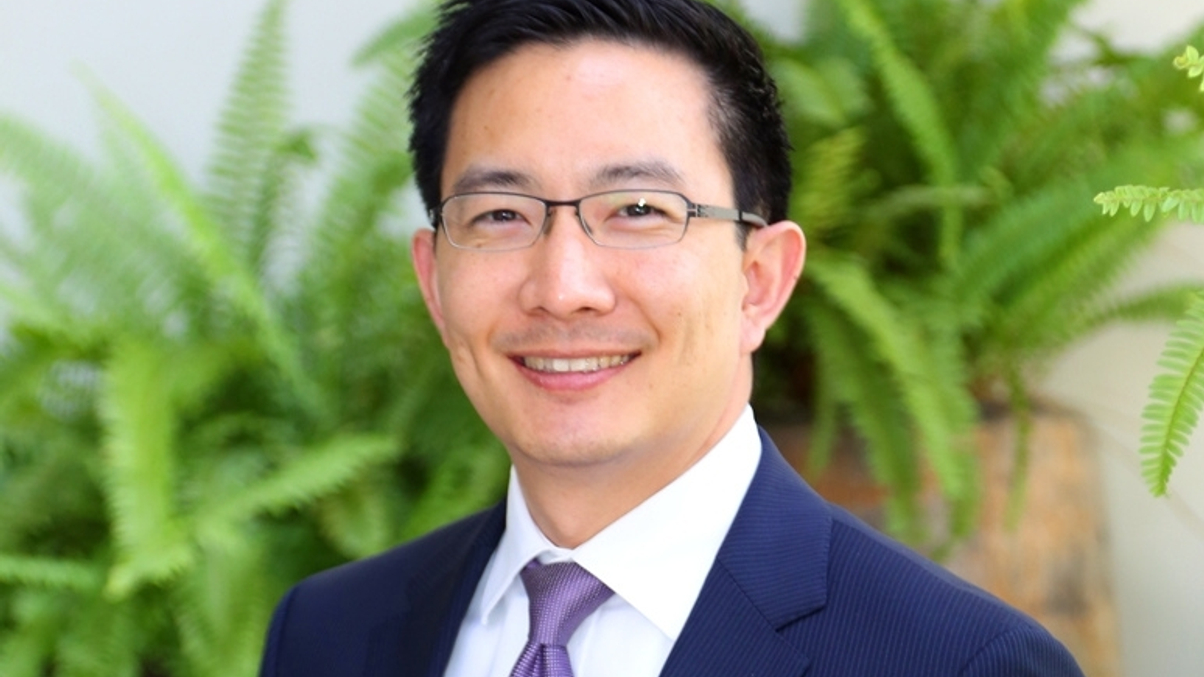Thailand's SCB opening to foreign fund houses
The head of Thailand's SCB Asset Management points to obstacles for foreign firms under the Asean passport scheme. Meanwhile, the firm's parent bank is moving to partner overseas players.

The head of Thailand’s second biggest fund house has seen a growing shift by domestic investors from fixed income towards equity and asset-allocation products. SCB Asset Management is also looking increasingly to tap the insurance and endowment client segments, said Smith Banomyong, the firm's president.
Sign in to read on!
Registered users get 2 free articles in 30 days.
Subscribers have full unlimited access to AsianInvestor
Not signed up? New users get 2 free articles per month, plus a 7-day unlimited free trial.
¬ Haymarket Media Limited. All rights reserved.


